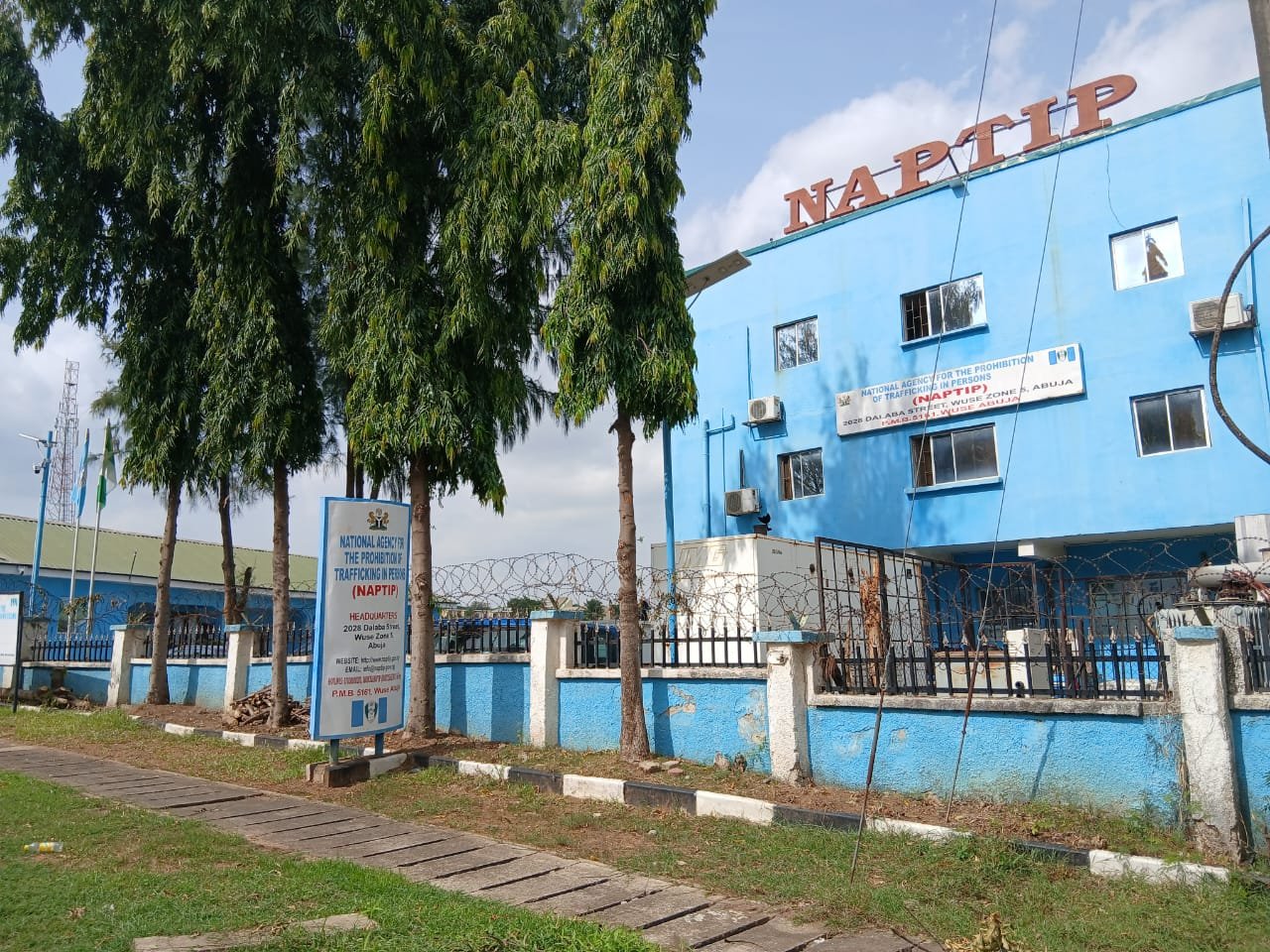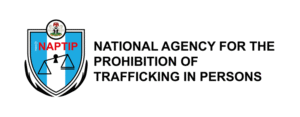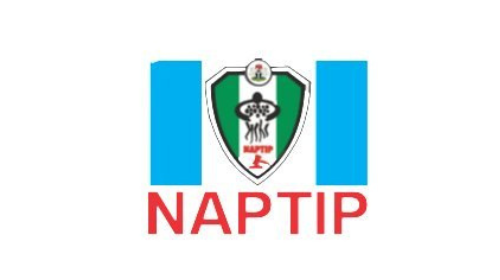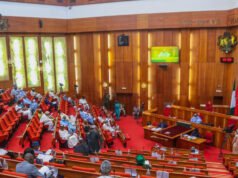The National Agency for the Prohibition of Trafficking in Persons (NAPTIP) has announced the rescue of 25 women in Abuja from suspected human traffickers who were allegedly preparing to transport them to Saudi Arabia for labour exploitation.

The victims, aged between 17 and 43, were intercepted in front of a well-known hotel in Wuse II, where the traffickers had assembled them for onward movement.
According to NAPTIP’s Press Officer, Vincent Adekoye, the women were recruited from Kano, Jigawa, and Katsina states with promises of high-paying domestic jobs abroad. Many of them, unfamiliar with Abuja, were left stranded without travel documents at the time of the rescue.
One of the victims told investigators: “Some people came to our village and told my parents they would help me travel abroad to work as a house help in Saudi Arabia. They promised good pay so I could take care of my family. They asked us to wait here for our travel documents and instructions, but none of them showed up.”
NAPTIP’s Director-General, Binta Adamu Bello, confirmed the rescue and revealed that a “popular travel agency” was linked to the operation. She added that a manhunt has been launched for the agency and its operators.

“I wish to alert our partners to a new tactic used by trafficking syndicates who now use Abuja as a muster point,” Bello said. “Only a few months ago, victims were intercepted near the Nnamdi Azikiwe International Airport. Now, we have another 25 women rescued.”
She warned the Association of Recruiters and Licensed Placement Agency of Nigeria to regulate its members, stressing that trafficking victims often suffer extreme exploitation abroad.
“The sad part is that many of these women eagerly accepted the traffickers’ offers, unaware of the suffering awaiting them,” she said.
“The good news is that this trafficking process has been disrupted, and we are closing in on the agency responsible.”
NAPTIP said the operation was part of its intensified surveillance and intelligence monitoring in major cities following reports of rising recruitment from rural communities for human trafficking.






